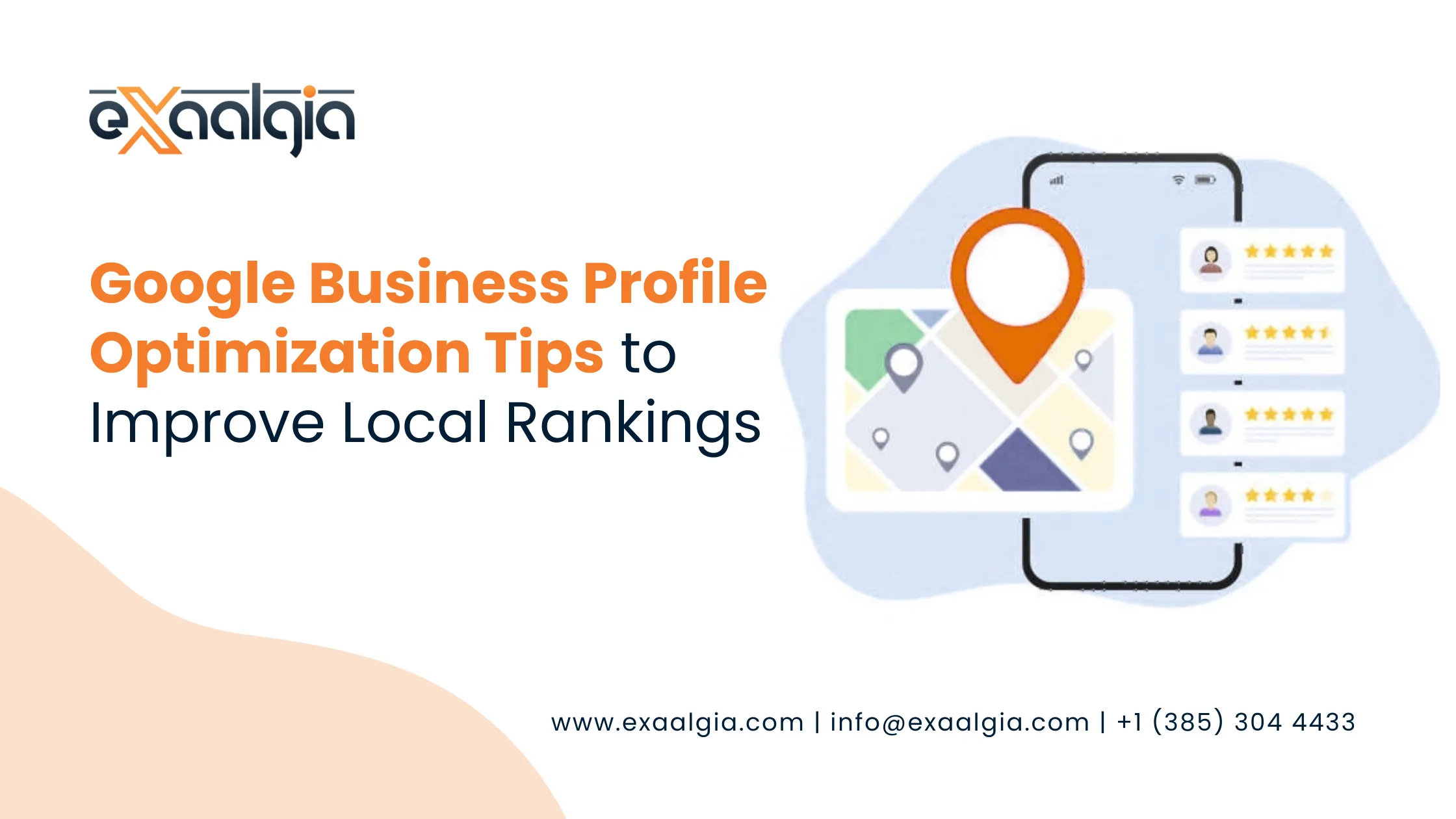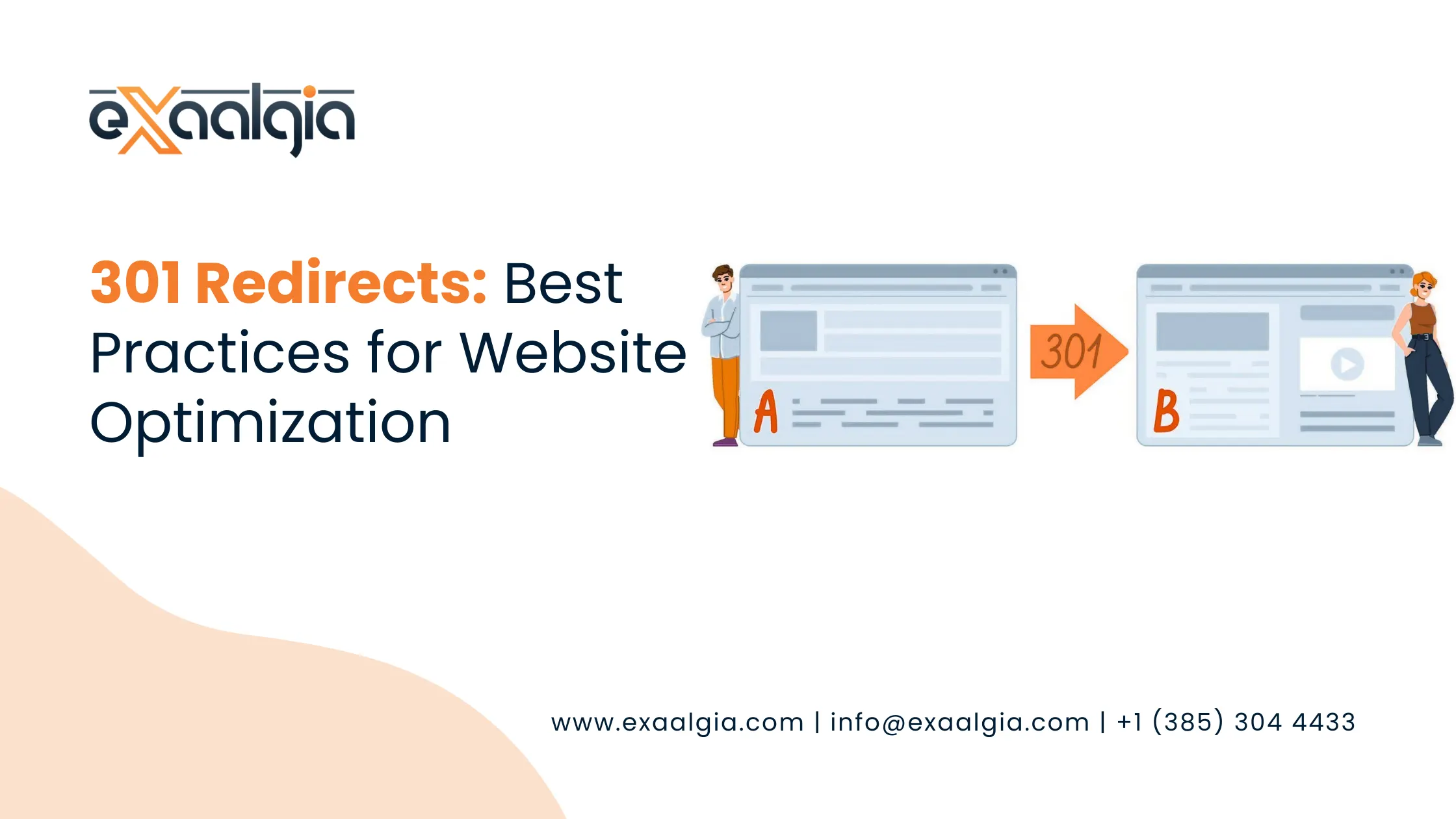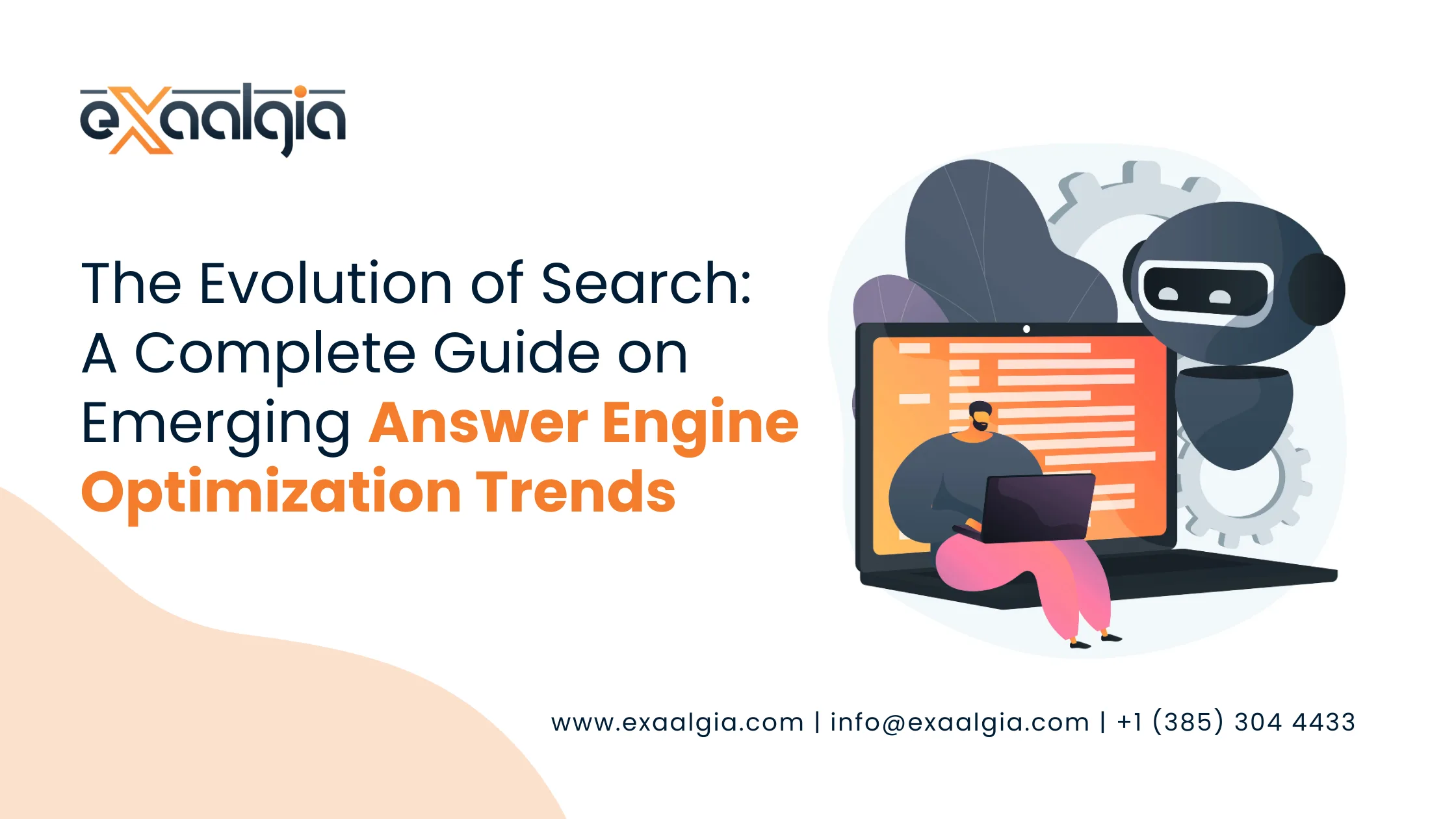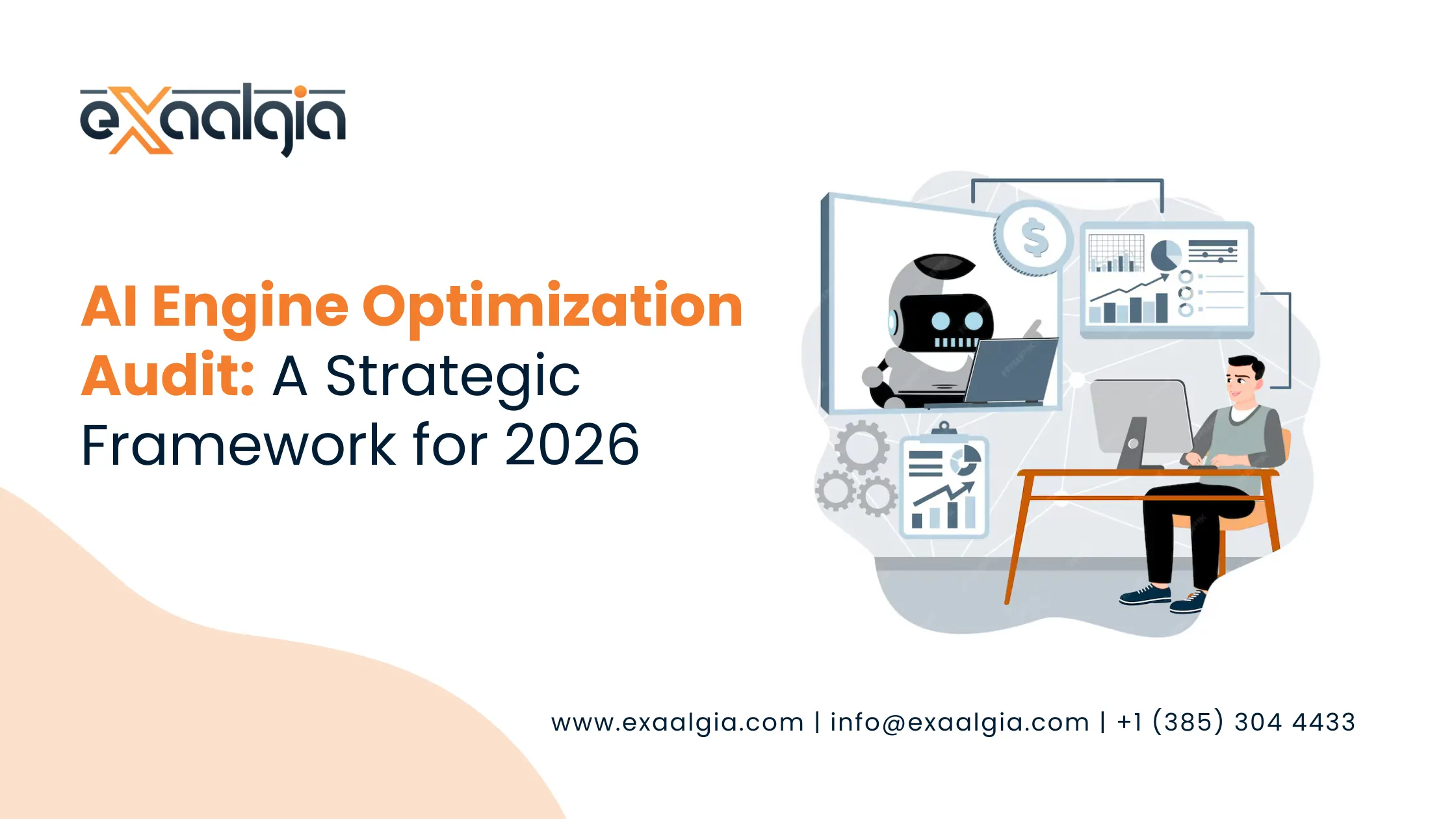Organic SEO is not about quick fixes; it requires a holistic and consistent approach to deliver sustainable, long-term results. For businesses in the USA, leveraging SEO services can provide the expertise needed to navigate this competitive landscape effectively.
Understanding Organic SEO in the Digital Marketing Landscape
Imagine the internet as a bustling city, and your website as a store in that city. Organic SEO is like securing the best location for your store, ensuring maximum visibility to the right audience. Just as a prime location guarantees foot traffic, a solid online presence through organic SEO enhances your visibility in the virtual world.
This increased visibility leads to higher website traffic, improved brand awareness, and, ultimately, more conversions and business growth. Organic SEO is about earning your spot at the top of search engine results pages (SERPs), unlike paid advertising, which involves paying for visibility.
Defining Organic SEO and Its Importance
At its core, organic SEO is the process of optimizing your website and content to rank higher in organic search results. It attracts visitors actively searching for information or solutions related to your products or services. A comprehensive SEO strategy includes keyword research, content optimization, link building, and technical SEO to improve user experience and communicate your website’s value and relevance to search engines.
In today’s digital age, the importance of organic SEO cannot be overstated. Since most online experiences begin with a search engine, ranking high in organic search results is crucial for any business looking to make its mark. Organic SEO helps businesses cut through the noise, reach their target audience directly, and establish themselves as credible sources of information in their niche. For businesses seeking to enhance their online presence, partnering with a digital marketing firm can provide the necessary tools and strategies to achieve these goals.
Evolution of SEO Practices Over Time
The SEO landscape has evolved significantly since its early days when keyword stuffing and manipulation were common tactics. As search engines have become more sophisticated, the focus has shifted toward valuable content and user experience. While keyword research remains essential, modern SEO emphasizes user intent and creating content that answers users’ search queries. Search engines now prioritize quality, informative, and engaging content that adds value to users’ lives.
Additionally, factors like site speed, mobile-friendliness, and engagement metrics have become critical ranking factors. This highlights the need for an integrated SEO approach that includes on-page, off-page, and technical SEO to achieve sustained success in the dynamic digital space. For businesses looking to stay ahead, digital marketing services can offer tailored solutions to adapt to these evolving practices.
Major Components of Organic SEO
Organic SEO relies on a multi-faceted approach, incorporating several interconnected elements to boost a website’s visibility and ranking potential. The three core components are on-page SEO, off-page SEO, and technical SEO, each playing a vital role in forming a solid and effective strategy.
On-page SEO involves optimizing elements on your web pages to help search engines understand and rank your content. Off-page SEO focuses on building authority and credibility through backlinks from reputable sites. Technical SEO ensures your website’s structure and configuration are optimized for search engine crawling and indexing. Together, these components create a robust foundation for organic SEO success.
On-Page SEO Content Optimization Techniques
On-page SEO is the backbone of any successful organic SEO strategy, focusing on making website elements search engine-friendly to improve rankings and user experience. Content is at the heart of this approach, with an emphasis on creating high-quality, informative content that addresses the needs and search intent of your target audience.
Optimizing title tags and meta descriptions is another critical on-page SEO factor. These HTML elements provide concise summaries of your web pages’ content, appearing in SERPs. Crafting compelling, keyword-rich title tags and meta descriptions can drive more organic traffic by improving click-through rates.
Other important on-page SEO factors include structured content using headings (H1, H2, H3, etc.) and ensuring mobile-friendliness. A well-structured, mobile-optimized site enhances navigation and user experience, contributing to better search rankings.
Off-Page SEO: Building Authority and Credibility
Off-page SEO encompasses activities outside your website that improve its ranking on search engines. Link building, or earning backlinks from high-ranking websites, is a key off-page SEO activity. Backlinks act as votes of confidence, signaling to search engines that your content is valuable and trustworthy.
Building backlinks from authoritative sites can significantly boost your organic traffic and rankings. Creating high-quality, link-worthy content is essential for attracting backlinks naturally. Additionally, guest blogging, networking with influencers, and engaging in online communities can help you earn valuable backlinks ethically.
Social media engagement and online reputation management also fall under off-page SEO. A strong presence on relevant social platforms increases brand visibility, drives traffic to your website, and generates social signals that influence search rankings. Managing your online reputation by responding to customer reviews and addressing negative feedback further enhances your brand’s credibility.
Technical SEO: The Backbone of Organic Search
Technical SEO is the often-overlooked yet integral backbone of any successful organic search strategy. It deals with the technical aspects of your website that affect how search engines crawl, index, and rank it. A technically sound website ensures smooth operation for both search engines and users.
Key technical SEO practices include optimizing website speed, ensuring mobile-friendliness, enhancing site architecture and navigation, and implementing security measures. Neglecting technical SEO can severely hamper your website’s visibility, leading to poor user experience, lower rankings, and missed opportunities.
Website Speed and Mobile Optimization
Ensuring your website loads quickly and is mobile-friendly is crucial for both user experience and search engine optimization. Users expect fast-loading websites, and slow page speeds can result in higher bounce rates, negatively impacting your search rankings and conversion rates.
Optimizing your site’s speed involves addressing factors like image optimization, utilizing browser caching, reducing HTTP requests, and choosing the right hosting provider. Tools like Google PageSpeed Insights can analyze your website’s performance and provide actionable recommendations for improvement.
With the rise of mobile browsing, having a mobile-friendly website is essential. This means adopting responsive designs that adjust to different screen sizes, ensuring easy navigation, and optimizing images and text for mobile devices.
Structured Data and Schema for Better Indexing
Structured data is a key technical SEO feature that helps search engines better understand and interpret your website’s content. By adding schema markup to your HTML code, you provide explicit clues about your content’s meaning and context. This improved comprehension allows search engines to present your website more effectively in search results, leading to rich snippets, knowledge graph entries, and other enhanced search features.
Structured data improves your content’s classification and indexing, increasing its chances of appearing in relevant search queries. This, in turn, boosts click-through rates, visibility, and organic traffic.
Content Marketing and Organic SEO Synergy
Organic SEO and content marketing go hand in hand, fueling online success together. While SEO provides the roadmap for search engines to find your content, content marketing ensures that the content itself is engaging, valuable, and relevant to your target audience.
Creating compelling, informative content that addresses your audience’s needs while incorporating relevant keywords naturally ensures your website attracts the right traffic and ranks well in search results. This synergy ensures your content is optimized for search engines and provides genuine value to your audience, building trust, credibility, and driving conversions.
Creating Content That Ranks: Tips and Tricks
The core of any successful SEO strategy is creating content that ranks well in search results while engaging your target audience and driving conversions. This requires a deep understanding of your audience’s informational needs and the keywords they use to find information online.
Conducting thorough keyword research is crucial before creating content. Identify relevant keywords with high search volume and understand the search intent behind them. Aligning your content with the specific questions or solutions your audience seeks increases the chances of your website appearing in relevant search queries.
Writing high-quality, engaging content is essential. Break down complex topics into digestible sections, use visuals, and tell stories to make your content relatable. Enhance your content with on-page SEO elements like title tags, headings, and meta descriptions to help search engines understand its relevance to specific search queries.
Blogging and Article Writing for SEO
Blogging and article writing are crucial components of a robust SEO strategy. They help businesses target specific keywords, provide valuable information to their audience, and establish themselves as thought leaders in their niche. High-quality blog posts and articles on relevant topics can significantly improve search engine rankings and organic visibility.
Effective blogging for SEO requires understanding your audience’s needs and creating content that resonates with them. Conduct keyword research, identify long-tail and topical keywords, and incorporate them naturally into your content.
Promoting your blog posts and articles through email and social media can drive traffic to your website and signal to search engines that you’re publishing quality content. Consistently creating fresh, high-quality content through blogging and article writing helps establish a strong online presence, improve search engine rankings, and drive more qualified traffic to your website.
Link Building Strategies for Organic SEO Success
Link building is a cornerstone of successful off-page SEO, significantly influencing your website’s ranking potential and overall organic visibility. A backlink is essentially a link from another website to yours, acting as a vote of confidence from a credible source. Search engines view backlinks as indicators of your content’s value and trustworthiness.
However, the quality of backlinks is more important than the quantity. Hundreds of links from low-quality or irrelevant sites are less valuable than a few backlinks from authoritative, high-ranking sites in your niche. Building a diverse, natural backlink profile through ethical practices ensures a sustainable and effective SEO strategy.
Quality vs. Quantity: Finding the Right Balance
While it’s tempting to focus on the number of backlinks, the quality of those links is far more important for long-term SEO success. High numbers of backlinks can boost rankings temporarily, but search engines increasingly prioritize the quality and relevance of those links.
Creating quality backlinks involves producing high-quality, link-worthy content. Understand your target audience’s needs and create content that provides real value. Quality content increases the chances of earning natural backlinks from authoritative sites within your niche.
Additionally, building relationships through guest blogging, broken link building, and engaging in relevant online communities can help you earn high-quality backlinks ethically. A natural and diverse backlink profile is key to sustainable and effective organic SEO.
Ethical Practices for Building Backlinks
Ethical link building is essential for long-term SEO success and maintaining a healthy online reputation. Black-hat SEO techniques, such as purchasing links or engaging in link schemes, may offer short-term benefits but can lead to penalties from search engines, risking your website’s visibility and credibility.
Ethical link building focuses on creating high-quality content that attracts backlinks naturally. This involves understanding your audience, conducting keyword research, and producing informative, engaging content.
White-hat SEO techniques like guest blogging, broken link building, and engaging with industry influencers and communities can help you earn natural, organic links. While building a strong backlink profile takes time, it results in long-term SEO success.
Role of Social Media in Organic SEO
While social media doesn’t directly affect organic SEO rankings, it plays a crucial role in promoting your content, driving traffic to your website, and increasing brand visibility. A strong social media presence helps you connect with your target audience, build a community around your brand, and establish yourself as a thought leader in your niche.
Sharing content on social media platforms and engaging with comments and shares can enhance backlink opportunities, social signals, and referral traffic. These factors contribute to a robust online presence that search engines recognize and reward.
How Social Signals Affect SEO Rankings
Although social signals like likes, shares, comments, and mentions aren’t direct ranking factors, they indicate user engagement and interest in your content, indirectly influencing your organic search rankings. The more your content is shared on social media, the more positive signals are sent to search engines, suggesting that your website offers valuable information.
Increased social media visibility and engagement lead to greater brand awareness, more website traffic, and improved SEO performance. Additionally, a strong social media presence allows you to connect with influencers and other websites in your niche, increasing the chances of earning backlinks and building valuable relationships.
Best Social Media Practices for SEO Boost
Implementing best social media practices can significantly enhance your SEO efforts, driving more traffic to your website, increasing brand awareness, and boosting your overall online visibility. These practices involve using social media platforms to maximize your content’s reach, engage with your target audience, and build a strong online community around your brand.
Create shareable, informative, and visually appealing content that captures attention and encourages interaction on social media platforms. Don’t just share links to your website; provide valuable insights, spark conversations, and incentivize sharing through contests or giveaways.
Engage with your audience by responding to comments, answering questions, and showing appreciation for their feedback. Building a loyal community strengthens your brand’s online presence and drives traffic to your website, indirectly contributing to a well-rounded SEO strategy.
Measuring Organic SEO Success
Measuring the effectiveness of your SEO strategies is essential for identifying areas of improvement and ensuring long-term success. Web analytics tools help track key performance indicators (KPIs) that measure your website’s performance and the impact of your SEO efforts.
Analyzing metrics like organic traffic growth, keyword rankings, bounce rates, time spent on site, and conversion rates provides valuable insights into what’s working and what needs adjustment. Regularly monitoring these KPIs allows you to refine your strategies for better results.
KPIs for SEO
Key performance indicators (KPIs) are essential for measuring the success of your SEO efforts. Metrics like organic traffic, search rankings, and conversion rates provide a clear picture of your website’s performance. User engagement, bounce rates, and share of voice in search also help gauge the effectiveness of your SEO practices.
By tracking these KPIs, digital marketers can optimize their SEO activities, driving qualified traffic, enhancing online visibility, and improving ROI. For businesses seeking to maximize their SEO efforts, partnering with a digital marketing company like Exaalgia can provide the expertise needed to achieve these goals.
Tools and Techniques for SEO Monitoring
Numerous SEO tools and techniques are available to help you monitor your website’s performance, track keyword rankings, analyze backlink profiles, and gain valuable insights to improve your SEO strategy. These tools provide comprehensive data and analytics, enabling you to stay ahead in the ever-evolving digital landscape.
Google Search Console is a free tool that offers valuable insights into your website’s performance on Google Search. It provides data on search queries leading to your website, click-through rates, crawl errors, and indexing issues. This tool helps identify technical issues that may hinder your website’s visibility and monitor its overall health.
Other popular SEO tools like Semrush, Ahrefs, and Moz offer features like keyword research, backlink analysis, competitor analysis, and site audits. These tools provide actionable insights to improve your website’s performance and make informed decisions to enhance your search engine rankings.
Final Thought
Organic SEO is the backbone of a successful digital marketing strategy. By incorporating on-page and off-page techniques, technical optimization, quality content creation, and strategic link building, businesses can achieve sustained online success. Social media also plays a vital role in enhancing SEO rankings through effective practices and social signals. Monitoring KPIs and using the right tools are essential for measuring and improving organic SEO success. Ethical practices and regular updates to your SEO strategies will keep you ahead in the ever-changing digital landscape. For tailored guidance on optimizing your organic SEO efforts, reach out to Exaalgia, a leading digital marketing agency offering comprehensive digital marketing services.
Frequently Asked Questions
What is the Difference Between Organic SEO and Paid Search?
Organic SEO focuses on improving your website’s visibility in organic search results by aligning strategic content with user intent. Paid search, on the other hand, involves paying for placement on search engine results pages, offering immediate but temporary visibility based on targeted keywords.
How Long Does It Take to See Results from Organic SEO?
The time it takes to see results from organic SEO varies depending on factors like competition, website age, and the effectiveness of your SEO strategy. Generally, businesses can expect to see improvements in search rankings and organic traffic within 4 to 6 months of consistent effort.
Can a Social Media Presence Influence Organic SEO Rankings?
While social media doesn’t directly affect SEO rankings, it plays a significant role in your overall digital marketing efforts. Increased social engagement and shares can lead to brand awareness, mentions, and backlinks, indirectly influencing organic search visibility over time.







